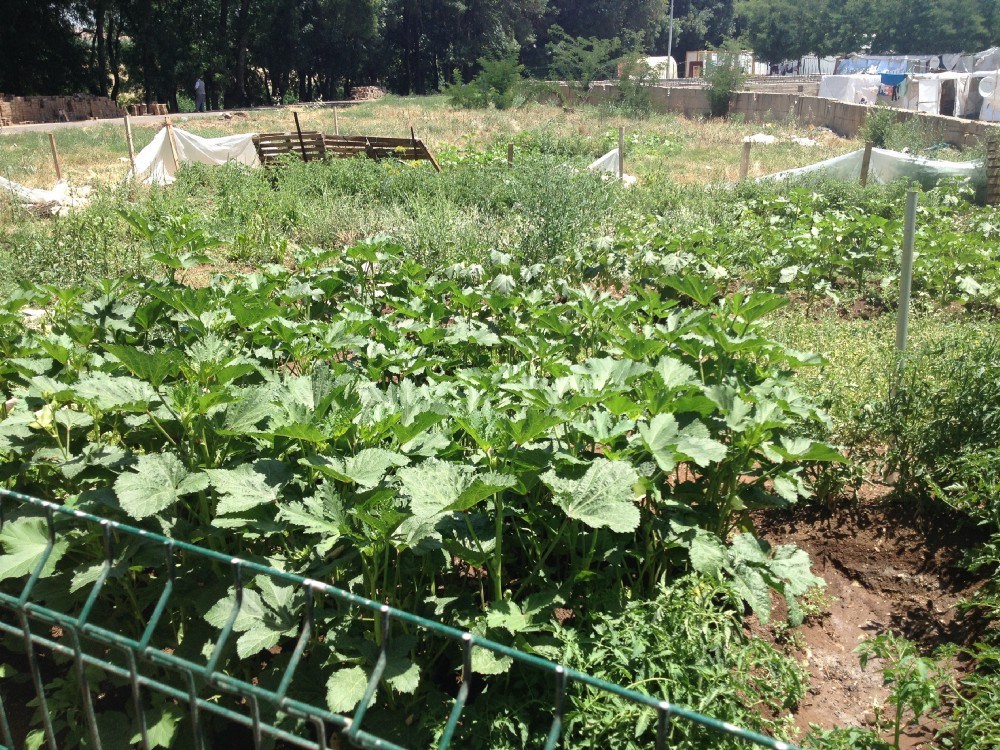
Making minor changes to how food is produced, supplied and consumed around the world could free up around a fifth of agricultural land, finds a new research.
The study – “Transforming agricultural land use through marginal gains in the food system” (Global Environmental Change, 2019; 57: 101932 DOI: 10.1016/j.gloenvcha.2019.101932) – by Peter Alexander, Anjali Reddy, Calum Brown, Roslyn C. Henry and Mark D.A. Rounsevell said:
There is an increasing need for transformational changes in the global food system to deliver healthy nutritional outcomes for a growing population while simultaneously ensuring environmental sustainability. However, such changes are subject to political and public constraints that usually allow only gradual, incremental changes to occur.
The scientists drew inspiration from the British cycling team’s concept of marginal gains, show how transformation might be reconciled with incremental changes.
They demonstrate that a set of marginal food system changes acting to increase production efficiency, to reduce losses or to adjust diets could collectively reduce the agricultural land required globally for food production by 21%, or over a third given higher adoption rates.
Altering diets in developed nations was also found to have the greatest potential to reduce the impact of food production.
The results show that while all categories of action are important, changes in consumer choices in Europe, North America and Oceania and in the supply-chain in Africa and West and Central Asia have the greatest potential to reduce the land footprint of the food system.
Highlights of the study
- Land use impact of 29 potential margin changes to the food system considered.
- Production efficiency, reduced losses and diet shift all play important roles.
- Consumer change key to outcomes in high income regions, supply change in low income.
- Multiple small changes collectively produced up to 37% agricultural land reduction.
- Need for larger and harder to achieve step changes may be avoided by marginal gains.
Changes needed
Changes are needed to continue to provide nutritional food without damaging the environment, experts say.
Freeing up areas currently used to grow crops and keep livestock could also aid conservation efforts and improve biodiversity
The scientists from the University of Edinburgh and the Karlsruhe Institute of Technology suggest small changes such as eating slightly less meat, substituting chicken or pork for beef and lamb, and reducing transport and processing losses.
Other proposals include increasing agricultural yields, and less conventional shifts such as greater consumption of insects, plant-based imitation meat and lab-grown meat.
The scientists calculated the combined effects of their proposed changes using the latest data from the Food and Agriculture Organization.
Earlier research has focused on a few large changes that are difficult to achieve, the scientists say.
They argue that the marginal gains approach, which has made British cycling among the best in the world, is more likely to be attainable.
Dr Peter Alexander, of the University of Edinburgh’s School of GeoSciences, who led the study, said: “The current system is failing to deliver the food we need to be healthy and is doing so in a way that is causing a crisis for biodiversity and contributing to climate change.
“While a transformational change is required, we need an approach that is achievable in practice. A vegan or vegetarian diet isn’t likely to be adopted by everyone and we think a set of small steps in the right directions will be more likely to be adopted and ultimately successful, and will go a substantial way to reducing the negative outcomes.”
Professor Mark Rounsevell, of the Karlsruhe Institute of Technology and the University of Edinburgh, said: “Recent reports have suggested a single global diet as healthy and environmentally sustainable, ignoring important differences between countries and regions, including, for example, the need to increase protein consumption in some developing countries.
“Our results show that in places like Europe and the US, consumers can play the biggest role in reducing environmental harm through dietary change, while in less developed countries increasing production efficiency is more important.”










































